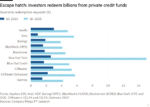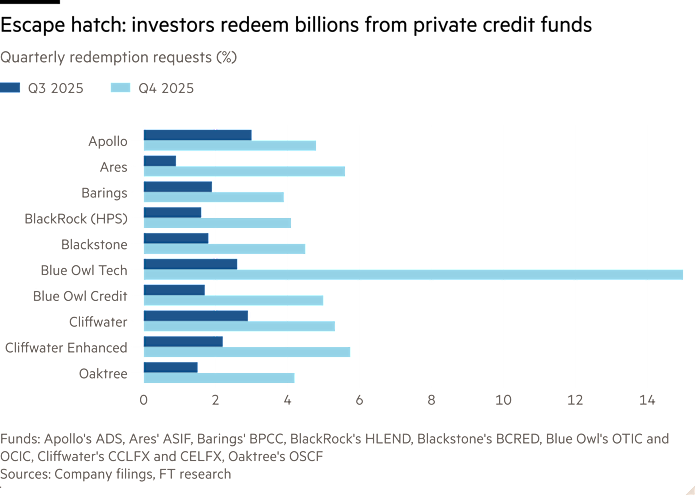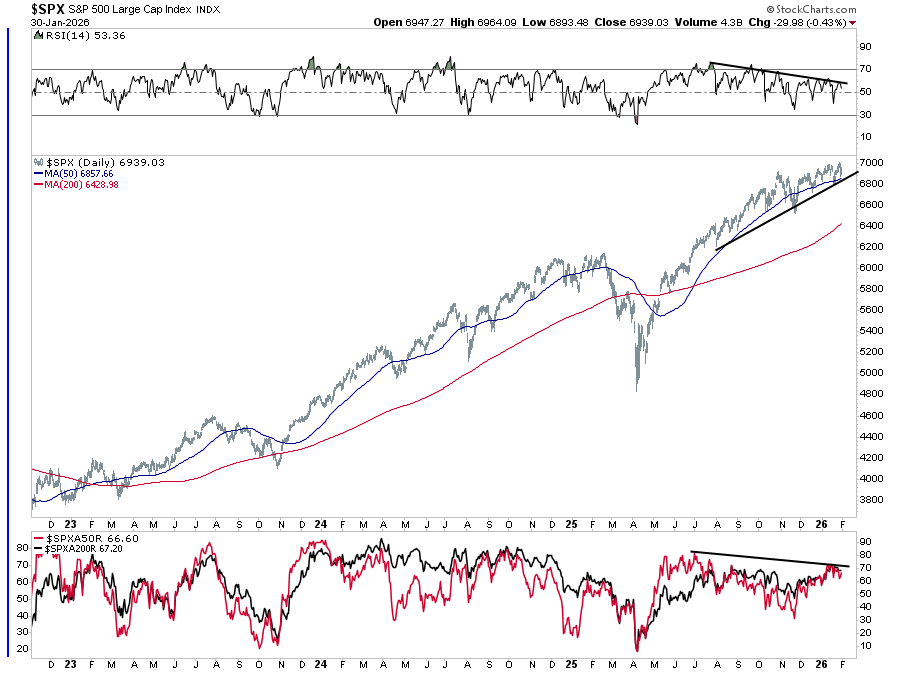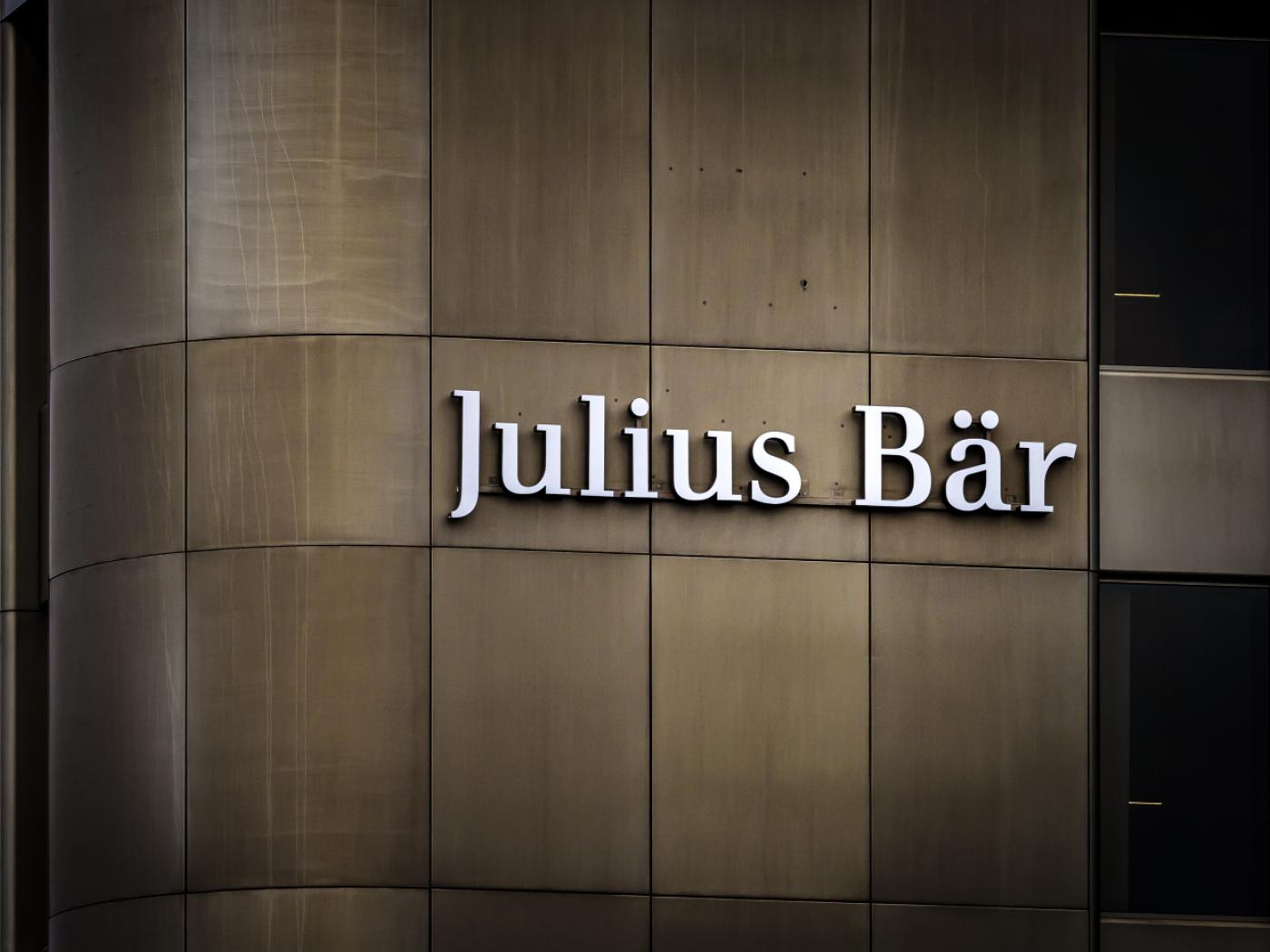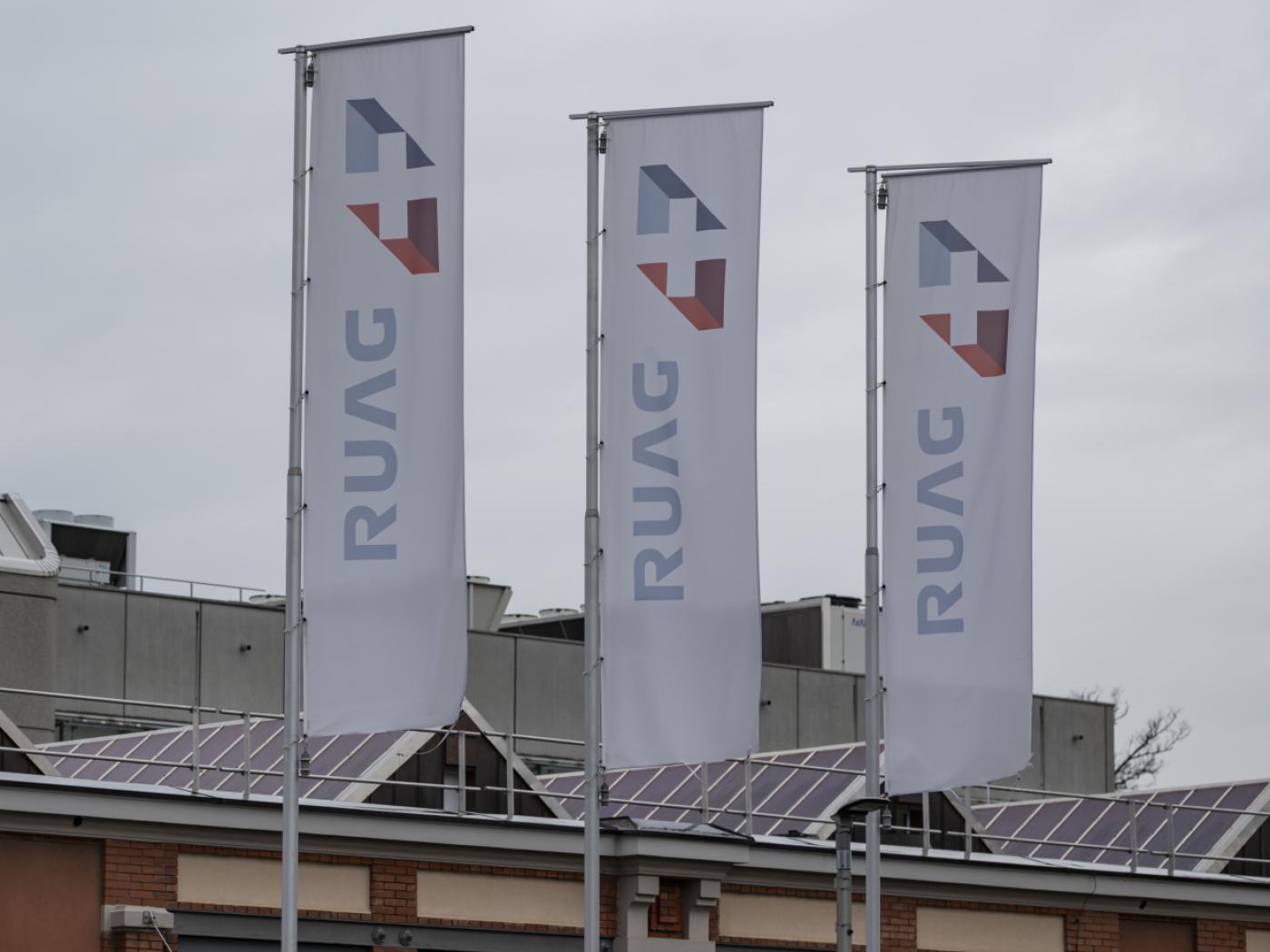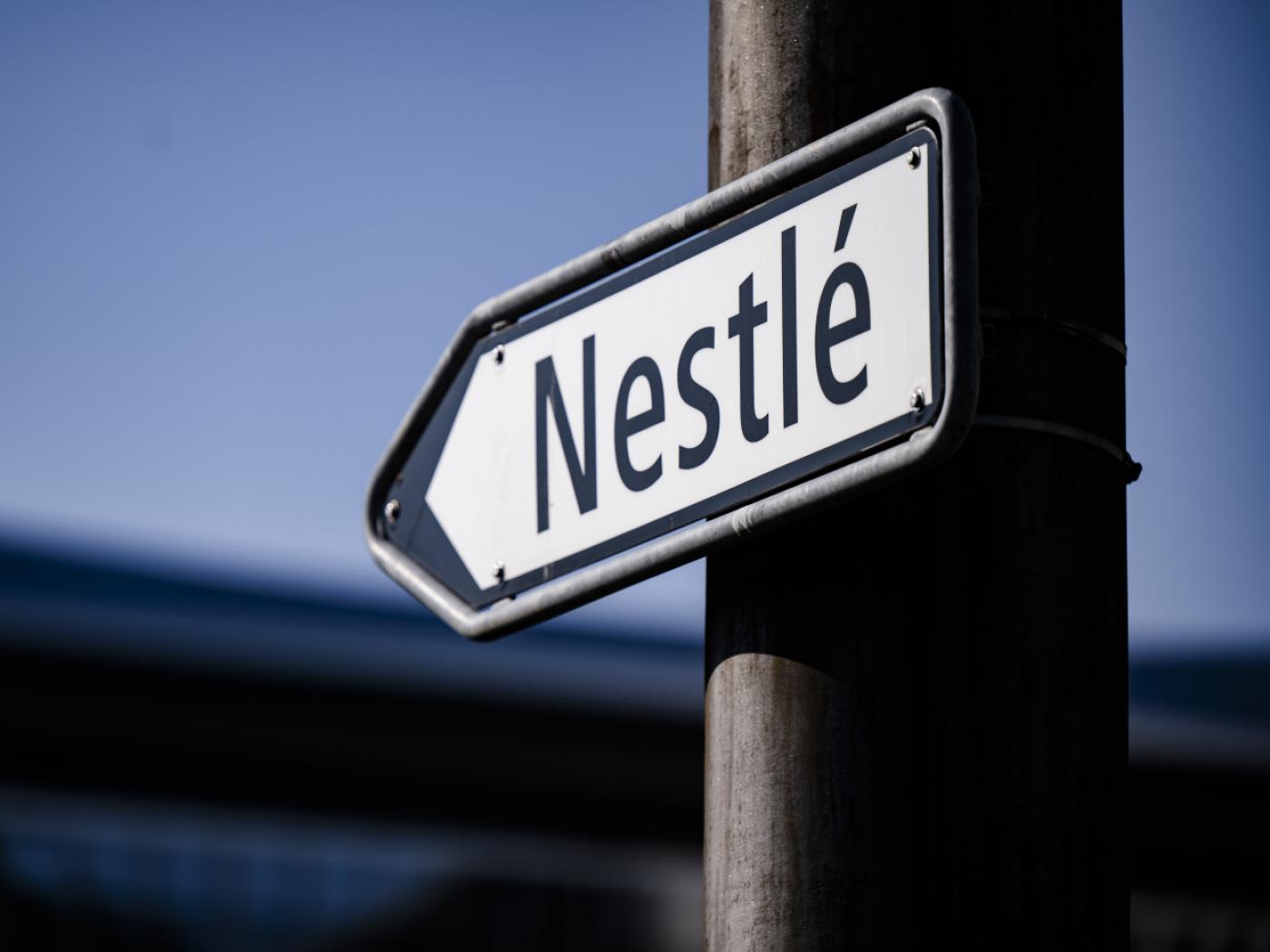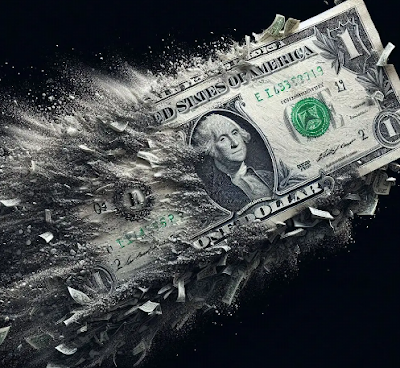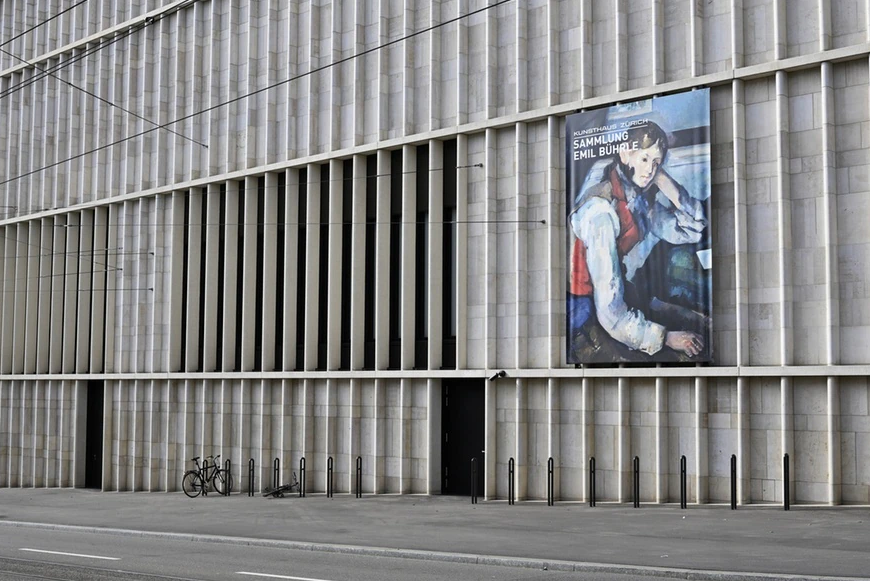
Zurich’s Kunsthaus, where the Bührle collection is a reminder of the moral hazards of neutrality. © Keystone / Walter Bieri
Sanctions imposed on Russia have focused debate over the country’s long-cherished economic haven status.
In the gleaming new Chipperfield extension of the Zurich Kunsthaus, all polished limestone and gold, is a room dedicated to expiating the moral debits of economic neutrality. The Bührle collection is one of the greatest privately-amassed troves of modern European art, and the pride of the new building.
It was assembled by Emil Bührle, the Swiss industrialist and arms maker who coined his millions selling weapons. To the Nazis. And to the Allies. Now, of course, the Bührle legacy needs some deft explaining. A museum within the museum – that room – does so.
Four months into the biggest war waged on European soil since Bührle’s shells rolled east and west, Switzerland is no longer the kind of place for a businessman to profit so easily from a warring world beyond the 26 cantons. But there is still some explaining to do.
In a move that has surprised many allies – and indeed, many Swiss – Bern has mirrored almost all of the EU’s sanctions against Russia.
This is no small matter: it entails asset freezes on more than 1,100 individuals with close ties to the Putin regime, hundreds of whom do business with Switzerland’s banks. And far more significantly, it involves curbs on the trading of Russian natural resources – the bulk of which are handled through the great commodity houses of Zug and Geneva. Bern insists this does not mean there has been any change to Switzerland’s long-cherished neutrality.
Others, particularly the country’s largest political bloc, the populist Swiss People’s party (SVP), disagree. Neutrality, in the SVP book, is also synonymous with trade free from political interference. Bern’s willingness to saddle up to Brussels and Washington is a betrayal of Swiss values, the SVP argues. And as faction leader Thomas Aeschi thundered in parliament earlier this month, there is no evidence sanctions are doing anything to change Russia’s course, only damage Swiss economic interests. In the words often attributed to the 19th century diplomat Talleyrand: they are worse than a crime, they are a mistake.
Aeschi has a point. Switzerland stands to lose more than western peers by imposing sanctions on Russia. There are, of course, many reasons to do business in Switzerland. But put aside the highly-educated workforce, the tax regime, the stability and the rule of law, and there is also, for a lot of people who come to the country, the appeal of Switzerland’s staunch independence. Its neutrality.
Many businesses base themselves in Switzerland precisely because they perceive the country to be a haven from regulatory, judicial and political over-reach from the US and EU.
Bankers now fret about what Chinese clients may think of conducting their business with a Swiss bank so recently ordered to freeze the assets of Russian clients. What would happen in Switzerland if tensions rise over Taiwan?
And what of a company like Syngenta, Chinese-owned, based here, and a repository of highly valuable IP? If the US imposed sanctions on the Chinese economy, would Bern move against one of its biggest corporate success stories?
Much has been made of the political ZeitenwendeExternal link, a turning point, that has rocked Germany – how the war in Ukraine has forced a rethink of the country’s long-held commitment to pacifism. One might venture that Switzerland is, on a smaller scale, beginning to confront a similar shift, but in economic terms. Or at least, to contemplate its outlines.
The question is, can any western economy, so deeply integrated now with the economies that surround it and the western financial system, afford to stand apart in the multiplying geopolitical crises that are confronting the west?
It is not a new issue. The crisis in Ukraine has simply brought it into focus. For years Switzerland has been in agonising negotiations with the EU over the limits to its economic freedoms.
For Thomas Borer, a former Swiss diplomat who not only drafted much of the current official policy on neutrality but also presided over the landmark Swiss inquiry into assets looted by the Nazis and stashed in Swiss banks, the whole debate over business or economic “neutrality” is a facile one.
Neutrality, he says, is an instrument of foreign policy, not the goal of it. The goal is to defend Switzerland’s national interests as strongly as possible.
The time when Switzerland could economically bury its head in the sand, he says, is over. “We have to understand who our friends are and who shares our values. Switzerland has to make choices.” Swiss businesses – and those who do business here – will have to as well.
Copyright The Financial Times Limited 2022
Tags: Featured,newsletter,Politics


















